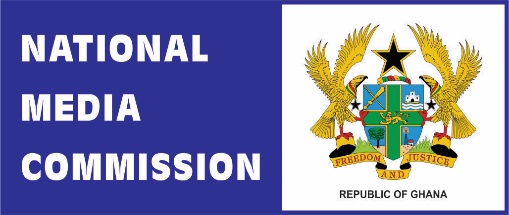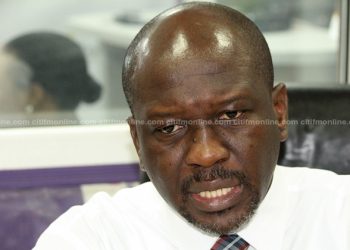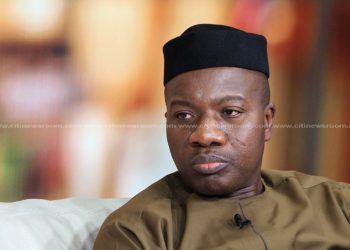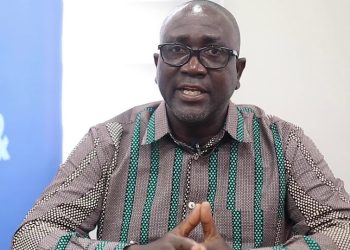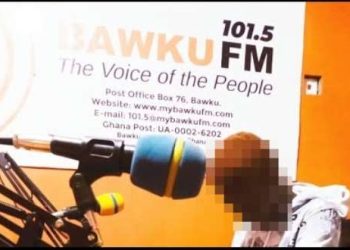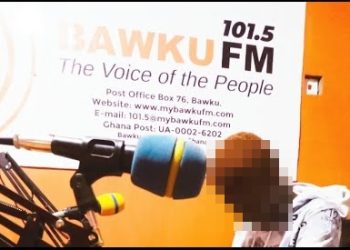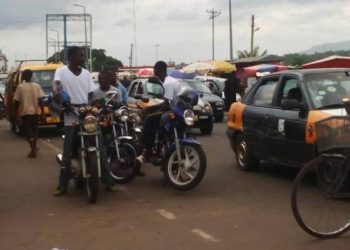The National Media Commission has warned of escalating in incidences of hate speech, disinformation and incitement on radio pertaining to the Bawku conflict.
In a statement, the commission called on the radio stations in Bawku to be proactive in quelling the tensions in the area.
“Owners must be careful who they recruit as programme hosts and which persons are invited as guests on discussion programmes. Owners must remember that they bear ultimate responsibility for whatever happens on their networks,” it said.
The commission further gave radio stations two weeks to act on the caution in its statement.
“Within the next two weeks, all owners of radio stations in the Bawku area are requested to submit to the Commission clear measures they have put in place to ensure professionalism in the radio stations.”
“The Media Foundation for West Africa and the Ghana Independent Broadcasters’ Association have offered to assist any broadcaster in Bawku who may require assistance to review their gatekeeping and professional systems,” the statement added.
A longstanding chieftaincy dispute has resulted in sporadic incidents of violence over the years.
Most recently, three persons were reportedly shot dead by unknown persons.
A transformer belonging to the Northern Electricity Development Company was also destroyed during the shooting incident.
NMC CAUTIONS RADIO STATIONS IN BAWKU
The increasing weaponization of the media in the Bawku conflict has become a major source of concern for the National Media Commission. In the past couple of weeks, we have noted an escalation in incidences of hate speech, disinformation and incitement on radio of a scale and scope that pose a clear and present danger to the Bawku community. Some of the cases are closely reminiscent of the egregious misbehaviour of Radio Television Libre des Mille Collines (RTLM) in the Rwandan genocide.
As a media regulator, the National Media Commission believes that our collective search for peace must be anchored on a proper balance between the right of radio stations to broadcast and the legitimate need of society to protect public order as envisaged under articles 162,163 and 164 of the Constitution (1992). Consequently, the Commission hereby cautions radio stations and their staff that drastic consequences attend on culpability.
We call on owners of radio stations in Bawku to adopt stronger gatekeeping measures to ensure that persons with interests in the conflict do not hijack radio stations to foment trouble. Owners must be careful who they recruit as programme hosts and which persons are invited as guests on discussion programmes. Owners must remember that they bear ultimate responsibility for whatever happens on their networks.
Within the next two weeks, all owners of radio stations in the Bawku area are requested to submit to the Commission clear measures they have put in place to ensure professionalism in the radio stations.
The Commission also advises media houses outside Bawku to be very circumspect in their coverage of the conflict. Media practitioners must also keep in mind the prosecution of journalists at the International Criminal Court and advise themselves accordingly.
The Media Foundation for West Africa and the Ghana Independent Broadcasters’ Association have offered to assist any broadcaster in Bawku who may require assistance to review their gatekeeping and professional systems. The Commission commends the two institutions and all partners in the media and peacebuilding efforts in Bawku. We hope all radio stations shall take advantage of the offer.
Ultimately, it is important for stakeholders to understand that at the core of the tension between free expression and public safety is the need to seek the public good.

